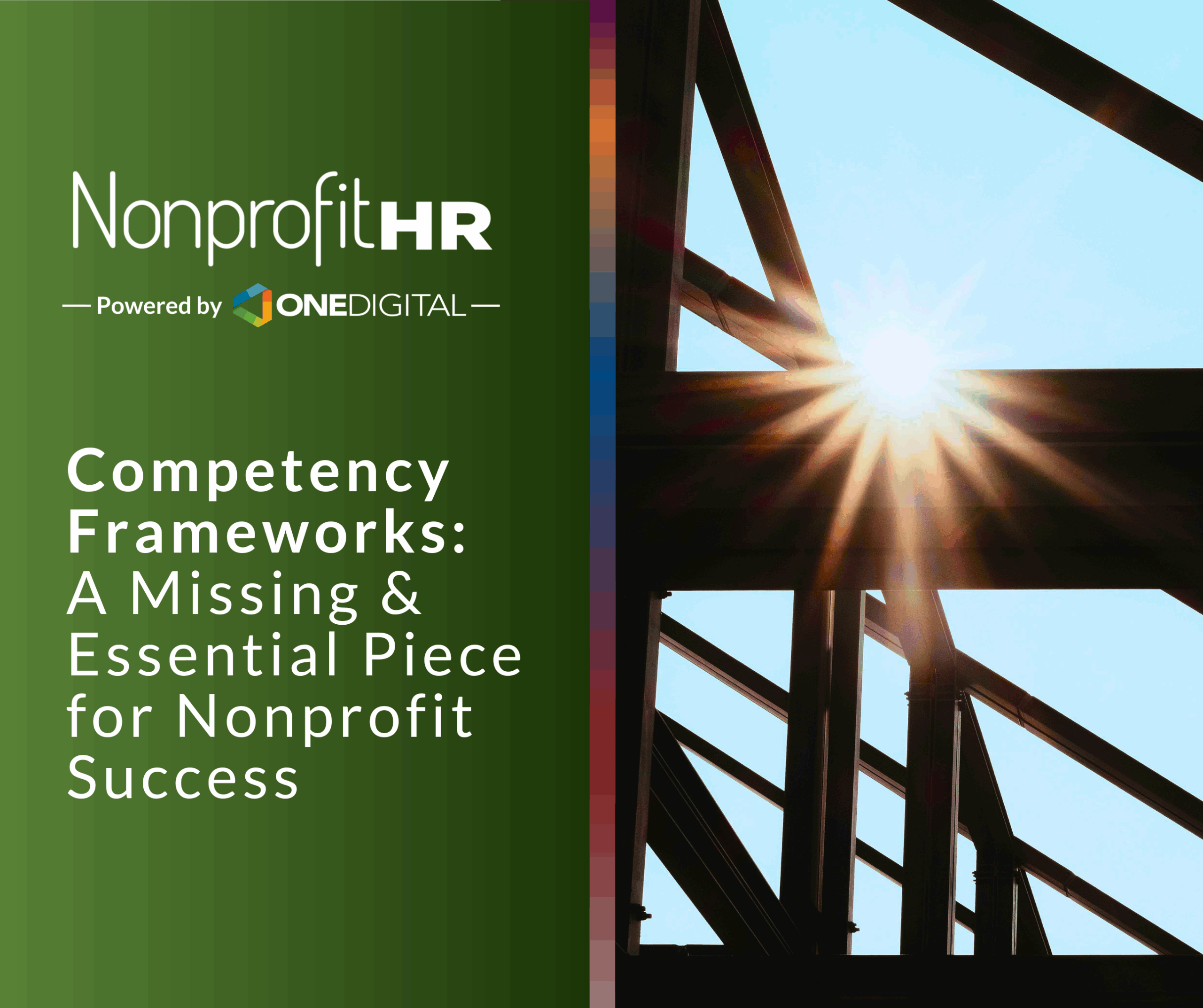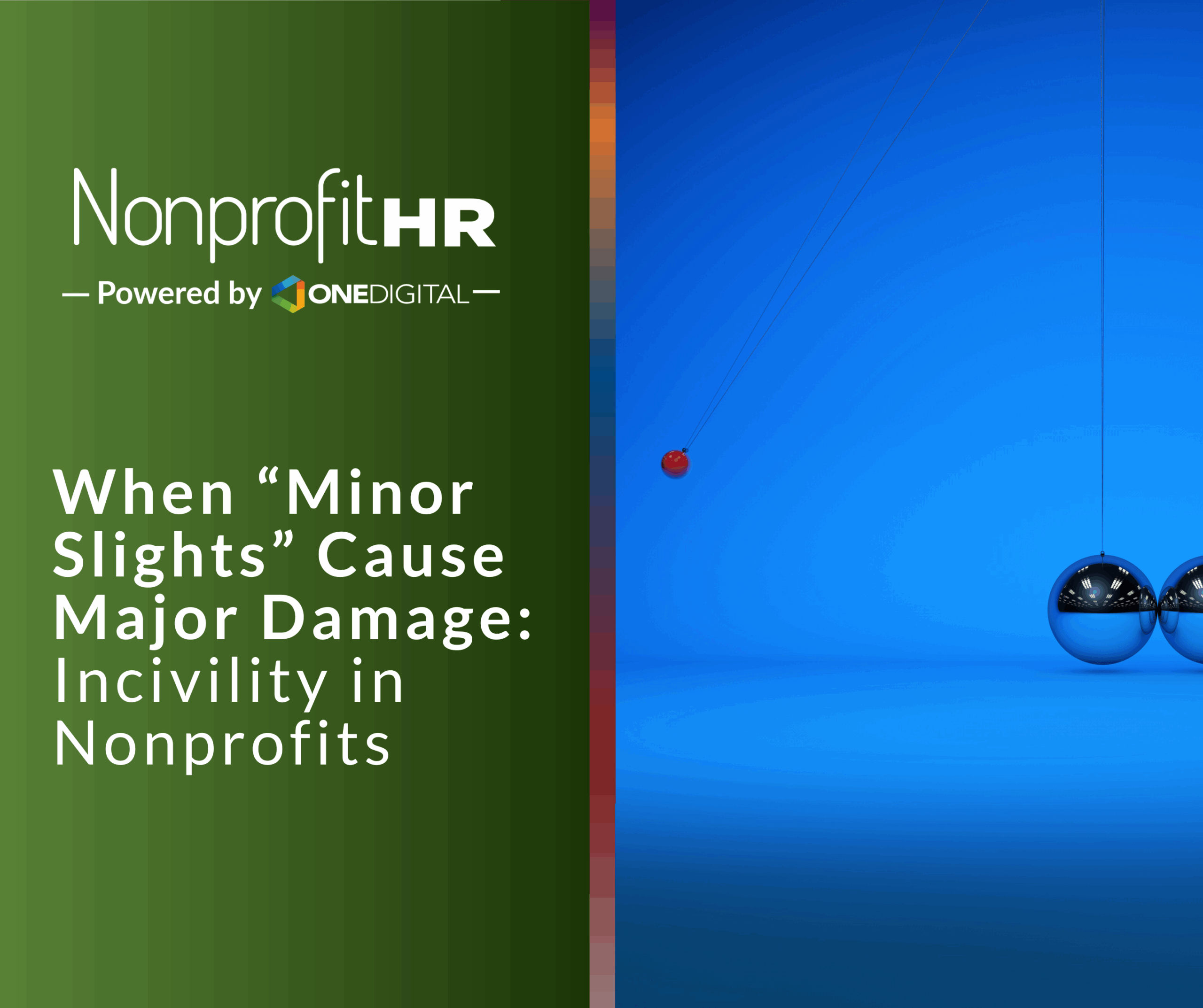WTOP: 5 ways nonprofits can…
By Leslie Walbridge
According to scientific research, there are certain aspects of your workspace that can results in higher productivity. Christian Jarrett for 99u has laid out some criteria for what he dubs “the perfect workspace.” Depending on the level of control that you have over your workspace, there are decisions to be made regarding furniture, wall color, lighting and even the presence of and view from a window that can all contribute to a more or less productive space.
If you are lucky enough to be able to design your office from scratch, research suggests you should go with high ceilings, a lighting system with a dimmer, and a window facing a natural landscape, such as hills, a lake or a park. The ability to change light levels is important because dim lights contribute to better idea generation while brighter lights are “more conducive to analytical and evaluative thinking.” Furthermore, depending on the type of work you need to do, your wall color can contribute to your performance; blue and green can help generate new ideas, while red has been attributed with enhancement of detail-orientation. Additionally, rounded furniture has been shown to be more “pleasing and inviting,” and sitting in circles (rather than in lines) is more conducive to collaborative thinking (something to consider in designing meeting/conference spaces).
Now if, like most of us, you are not building your own office to your exact specifications, there are still some changes you can make to improve the space so that it is more conducive to productivity. One simple and relatively inexpensive option is to add live plants to your workspace. “Research has repeatedly shown that the presence of office plants has a range of benefits including helping workers recover from demanding activities and lowering stress levels.” Even in a cubicle environment, a small potted plant on your desktop could help improve your mood.
Finally, there has been much debate about whether a neat and tidy desk is preferable to a messy one. Albert Einstein famously quipped, ““If a cluttered desk is a sign of a cluttered mind, of what, then, is an empty desk a sign?” In his piece, Jarrett cited one study in which research participants were more creative in a messy space than in a neat one.
All of the above suggests that the layout and décor of your workspace is more important than you might have thought. If you are looking for a boost in your productivity, perhaps a few changes around your space would do the trick!





























